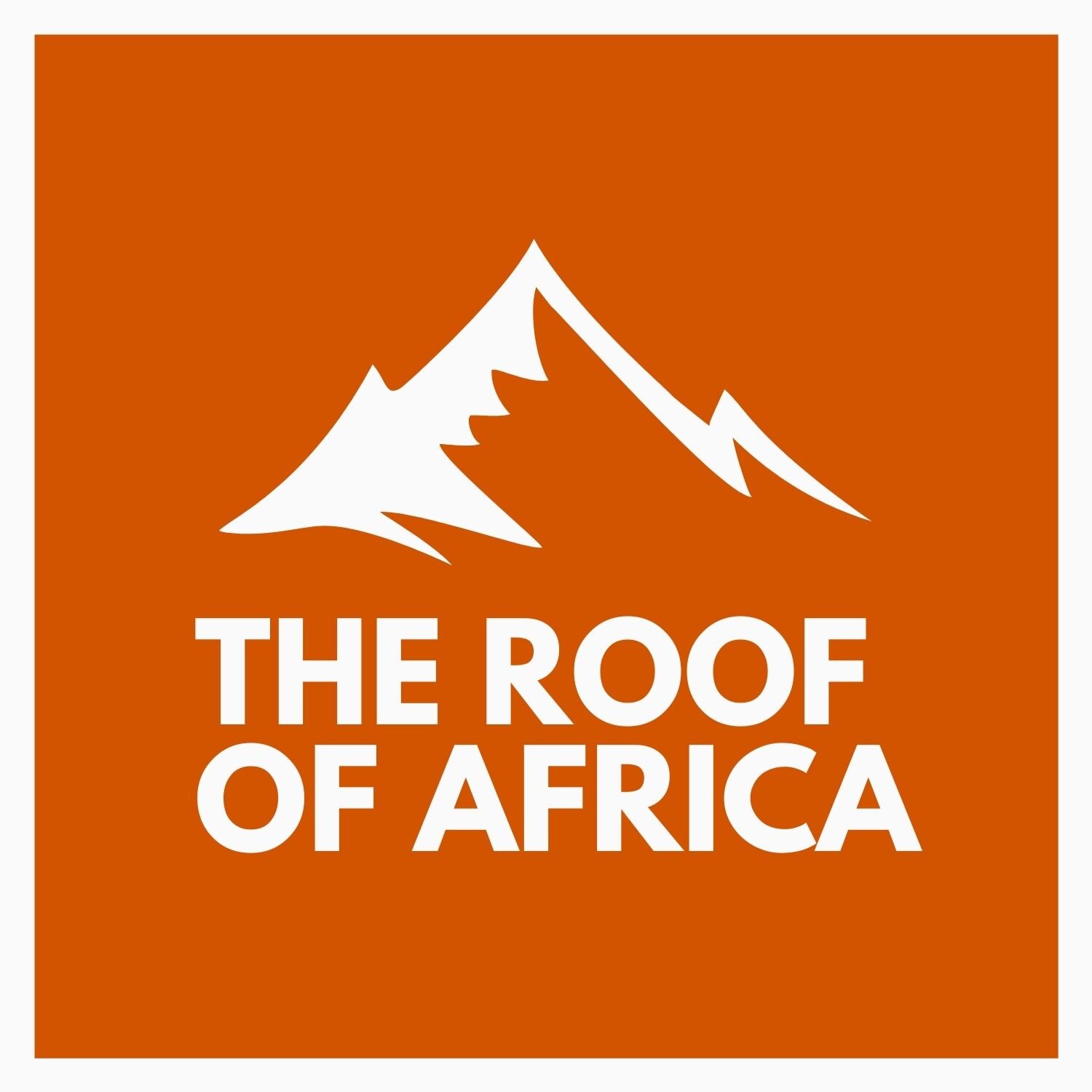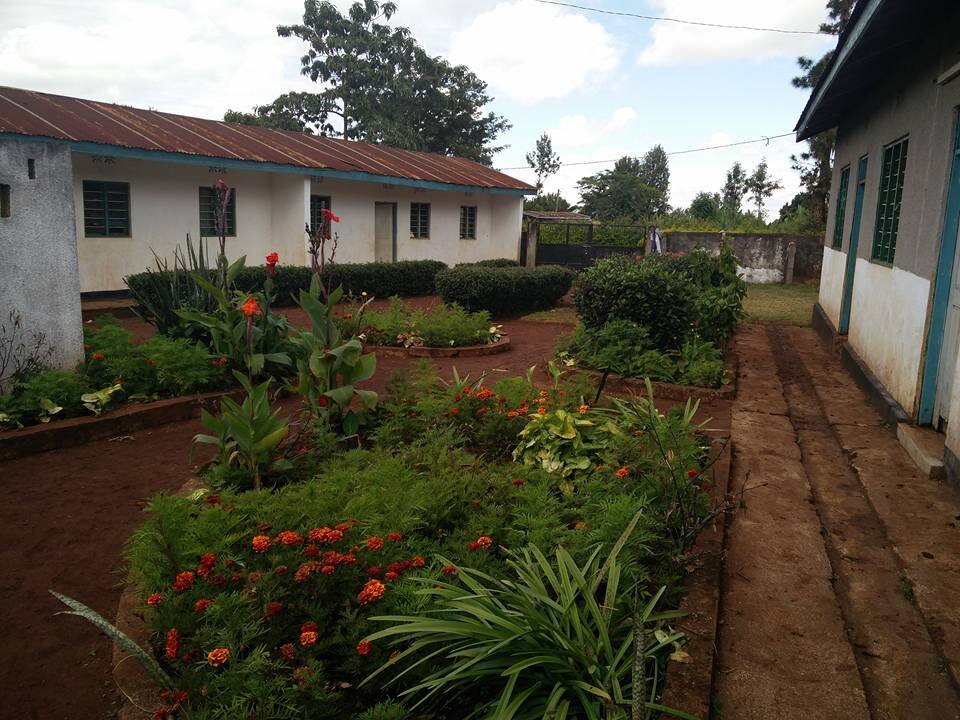A Genuine Story: Finding and Accepting Help
When I met people, I would ask them to tell me about the positive parts of their life.
I wanted to know what motivated people, what they were working for and towards and how they kept their faith during the toughest times. That is still true of my nature to this day.
My life changed when I went to Sonu. I struggled with being able to accept the help that I was offered, despite being grateful for it. On and off, I had a relationship with an elderly gentleman who offered me companionship, food, and a roof over my head in return for help with his work. Though, I could never settle and ran away.
When I was about nine or ten, I met a group of children. There must have been about six of them. I looked at them and they were well dressed in clean clothes, as I stood and looked down at my holes in my shorts and leathery feet that had never seen shoes. The children were kind and shared what they had with me.
As we spoke, they told me that they were not related or even from here. I was confused by this and wondered aloud how they had come to be together. They pointed to a building close-by and explained that they lived together there and were looked after by a lady who was not from here, either. She was European and the building was an orphanage.
Later, this very building would become the first home of The Roof of Africa school.
I continued to see the children regularly, where they would remark that I looked sick and hungry. They were younger than I was, so I wanted to seem older and responsible. I didn’t want to show them I was alone, hungry and tired.
One day, the rain started to pour heavily as it often does under Mt. Kilimanjaro. The small children clasped my hand and I led them to the gates of their home. The lady that they spoke about saw me and tried to talk to me. I spoke Swahili like most in Tanzania, and a social worker translated into English to allow us to communicate.
It was emotional. We cried together. She told me; “This is your home from now on.”
At that moment, I felt like my life was changing.
On that day, I had the first bath that I ever remember taking. They scrubbed the hell out of me! I was presented with clothes that fit and was given food. As a child standing in the home, I remember it as being huge. Not in such a way that I felt small and scared, but on a scale that I had not seen before. In a room, there would be two double-decker beds to sleep four children. Here, I had my own bed! It was my first time sleeping in one, let alone one with a mattress. I was accustomed to banana leaves both outdoors on the streets and when I had a roof over my head. Even better, this bed had a mosquito net above it.
Next to the beds were cupboards where we could store our clothes. My proudest outfit was my school uniform, complete with a pair of shoes – my first at the age of eleven.
We also had books and photographs telling stories of lands that seemed so far away yet also so within my reach if I closed my eyes and concentrated hard enough. For entertainment, I’d usually make toys out of sticks and playing in rich mud, but here we had solid plastic toys of dolls and racing cars. Best of all, there were building bricks.
Looking back, I’d spend hours building in the very room where later I’d start to build my own school.
With my toes pinched at the end of my feet, my stomach no longer crying out and insect bites healing, I began to identify myself. By going to school and returning to a base with shelter, for a while I found my rhythm. But it did not last for long.
The orphanage was constantly under threat of closing. The government officials would demand unnecessary paperwork that was impossible to obtain. Staff and volunteers were stressed, and the high pressure created an intense and uncomfortable living environment. They asked us to pray for our home, and we did. The officials would stay away maybe for a couple of weeks at a time, but then they’d return and bring with them our anxieties.
We were all afraid for our futures, for there was never a plan in place to suggest when we may be asked to leave and what we would have to do at that point. There is not a system that prepares a child in a home to know how to navigate beyond there.
All the while, new children were joining the group and amongst the children, our positions changed. I could not settle in who I was growing up to be, which I guess is something all pre-teens struggle with for a while. One thing I knew for sure is that I wanted to learn how to speak English. Enthused, I would listen to the volunteers at the orphanage – usually European or American, and speaking English – what they had said and what it means.
All Africa reports that it is estimated that at least 24,000 children are being cared for in 140 registered children’s homes across Tanzania. Comparably, it is estimated by children.org that across Africa there are 50 million orphans.
There is a multitude of effects suffered from spending time in an orphanage, and of course, they vary for each person. For me looking back, I recognise that as a child I felt I didn’t have a voice nor a conscience. Every child’s treatment is given with the same brush meaning that an individual’s need often is not met and as a result, some can struggle to communicate their needs and wants. This can make a child shut themselves off or behave badly and impulsively with a short temper.
“We lived in a constant sense of fear of losing our home. This manifested in nightmares and trauma.”
Despite this, a lot of orphanages both privately ran and those ran by the government do not have a policy in place about reuniting families safely. If a family member is located, it does not mean that a child can necessarily be reintroduced back to the family home with measures such as visits, risk assessments and safeguarding in place.
As a child in one of these homes, there is not a clear contract or explanation of whether the situation is permanent and for how long. Some children think that they will stay forever and shape their identity around the building. This makes them disconnect from the place that they come from and the outside.
During my time at the children’s home, I attended a local church. On the way home one day I bumped into Jackson and told him that I was due to be confirmed in a couple of months. Jackson sat me down and told me something extraordinary. He was my grandfather. I was confused, shocked, in a state of utter disbelief. He had been watching me from a distance to ensure my safety as best he could.
At the Communion, my name was announced. The day was special in more ways than one. Jackson arrived with his daughter. The woman was my mother. He had seen her features in my face.
It transpired that my grandfather had contacted my father’s younger brother and my mother to make them aware that I was alive. They were surprised and came to my Confirmation to see me for themselves. Together, my family and I were overwhelmed with emotion. We were sobbing. Tears of gratitude, of happiness, of sadness in knowing that we could not be together. Not yet. They reassured me that once it was safe, I could go back. This is something that I wrestled with internally every day.
I ached to join my family but had a sense of peace knowing that my mother was okay.
I cherished a map that they gave me, leading me home.

